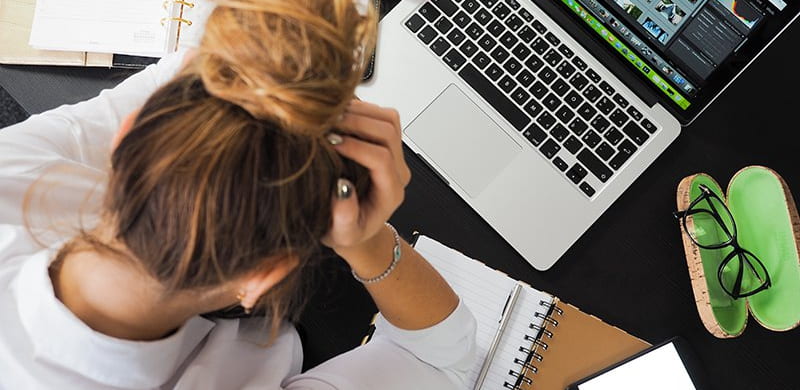‘Staying Safe Online’ survey: what unwanted sexual images are being sent to teenagers on social media?
By Blog Editor, IOE Digital, on 19 June 2020
Jessica Ringrose and colleagues.
Since lockdown began, agencies such as the WHO, Interpol and the NSPCC have warned that increased screen time during COVID-19 makes young people more susceptible to online sexual exploitation, grooming and abuse.
We know that since lockdown began, ‘25% of girls have experienced at least one form of abuse, bullying or sexual harassment online’, and that there has been an upsurge in practices such as ‘revenge porn’. However, we know little about which platforms the abuse takes place on, the type of abuse experienced, who commits it (e.g. strangers vs. peers), or the precise ways it has changed since lockdown.
That is why we are running an online survey of teenagers to find out more.
Our research with 150 young people aged 12-18 in 2019 found many young people experience a daily barrage (more…)
 Close
Close




